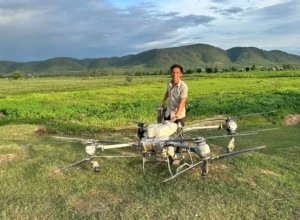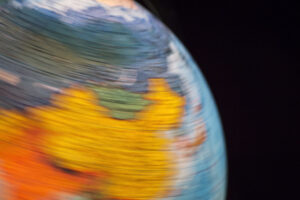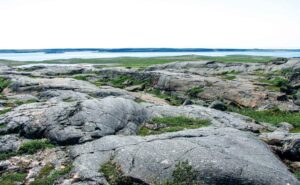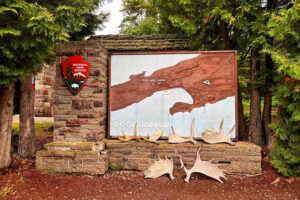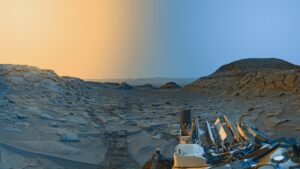Science nerds, rejoice! The Royal Society, founded in 1663, has digitized its entire 350-year-old archive of handwritten research and correspondence from some of the greatest figures in the history of science.
You can explore it by merely by hopping on the institution’s website.
There, you’ll find notes from Charles Darwin and Isaac Newton, and letters from Benjamin Franklin and Caroline Hershel. The archive even includes a letter from Galileo Galilei himself, in which he reflects on the conflicts between his science and his religious faith.
The letter was written on Dec. 21, 1613, and shows Galileo “attempting to reconcile the Copernican system with Scriptures, and in particular with the noted passage in Joshua,” according to Royal Society notes.
Historians at the Royal Society hope the online collection will help researchers make new discoveries through analyzing documents once only available by visiting the physical archives.
“The majority of historians of science just go back to the same [documents],” Louisiane Ferlier, a historian at the society, told The Times. “They go back to the things that have been referenced before. Partly, that’s because it has been difficult to look for new things.”
Even quotidian letters offer insight
Even the seemingly mundane portions of the collection could offer new scientific and historical insights, Ferlier said. Just 150 years ago, the Royal Society would likely have dismissed some documents it now considers vital.
One such example belongs under the category of climate research.
“We have random people sending in stuff,” Ferlier said in the Times story. “There will just be letters saying, ‘The weather has been really terrible. There’s been a hailstorm in Yorkshire yesterday, I think the Royal Society should know about it.’”
Now, those letters provide a way for climatologists to improve their understanding of climatic history further back than imagined.
“You know — I’m not even joking — this is actually useful information for people to reconstruct the weather,” Ferlier said. “And we have some of the longest records in terms of meteorological observations.”
With the eyes of the Internet now upon these precious documents, there’s little doubt our understanding of their importance will increase. Previously, none of them had been kept from public eyes — you just had to be in London to see them.
Now, they’re visible to the whole world with the click of a button.

